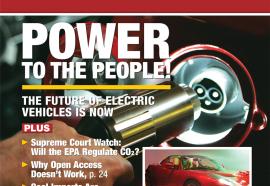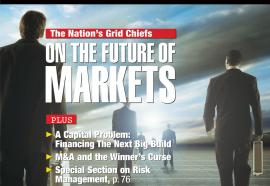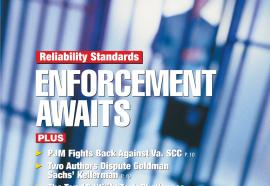A Monopolist Takeover
Dominion and AEP want to put the toothpaste back in the tube, but re-regulation could get messy.
Is it possible to go back to the way things were? Nostalgia for the old regulated model seems to be waxing of late, particularly in Virginia. The 70-percent rate increases in Maryland last year at the expiration of price caps—part of the transition to electric competition—has become the calamity that some state regulators fear most. Several utilities are pushing for re-regulation.










